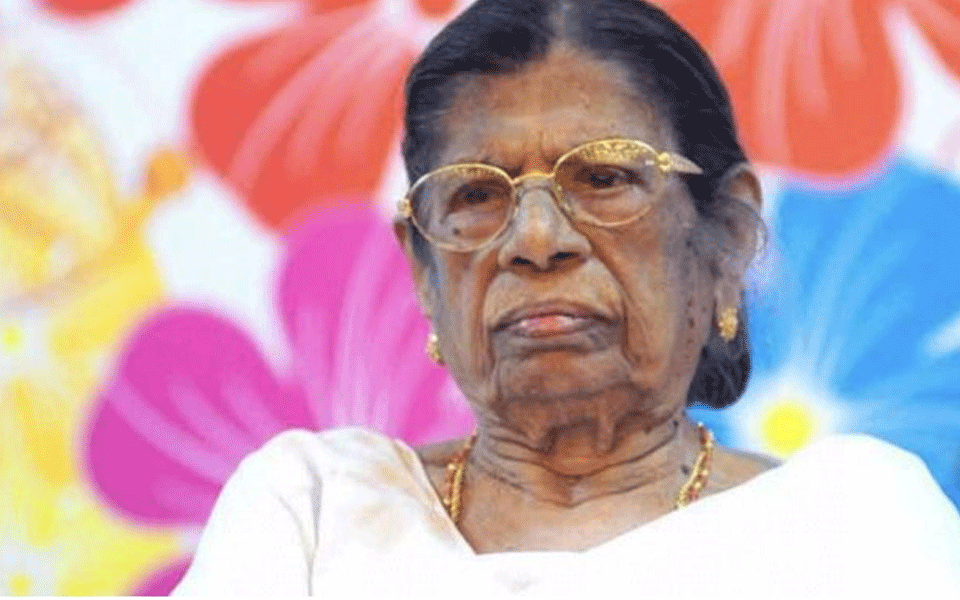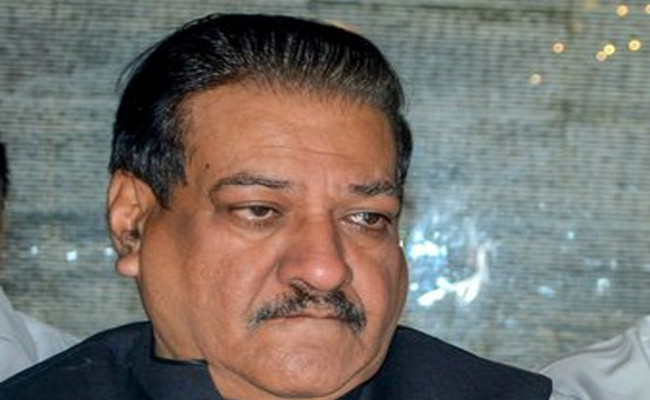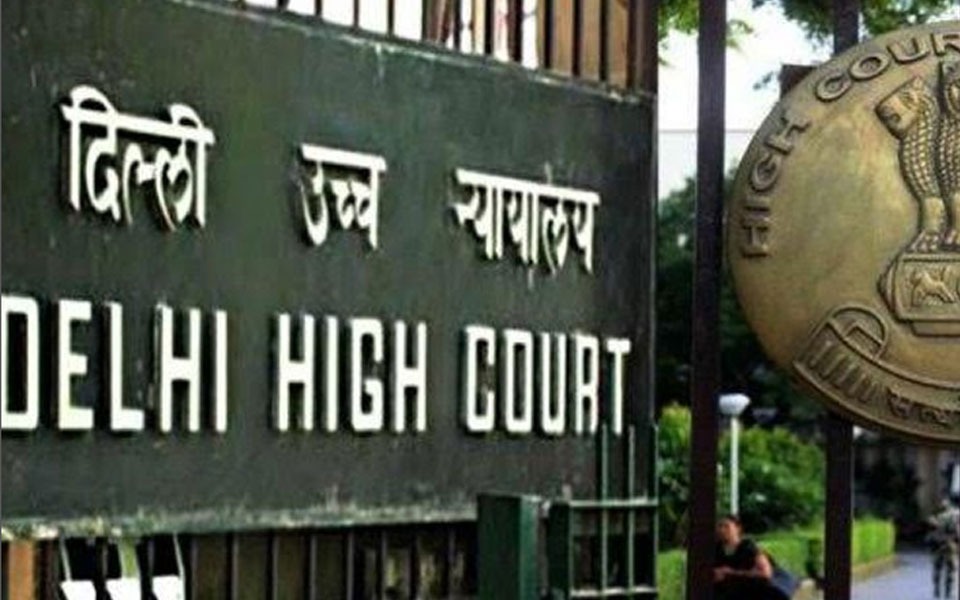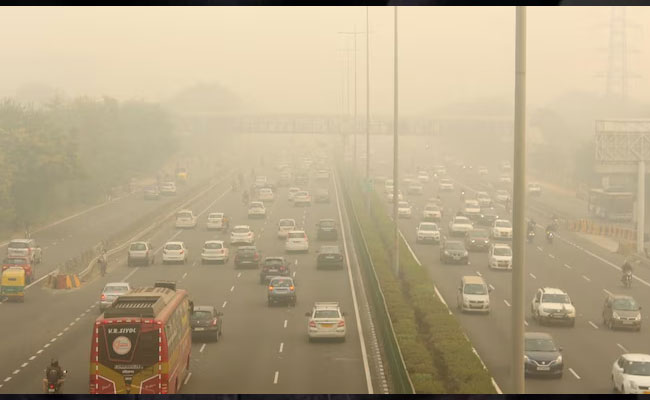Thiruvananthapuram: Kerala's veteran politician and member of the first Communist government headed by E M S Namboodiripad in 1957, K R Gowri Amma died here on Tuesday.
She was 102 and had been admitted to a private hospital due to age-related ailments. She breathed her last at 7 am on Tuesday while undergoing treatment in the ICU, hospital sources said.
Considered to be among the most powerful women leaders in Kerala, Gowri Amma, as she was fondly called, was the lone surviving member of the first Kerala legislative assembly.
After being expelled from the CPI(M) in 1994, Gowri floated a new political outfit -- Janathipathiya Samrakshana Samithi (JSS) -- which became a constituent of the Congress-led UDF in the state.
She was married to the late T V Thomas, who was also her cabinet colleague.
Gowri, who was the revenue minister in EMS Namboodiripad ministry, is credited with playing a key role in bringing the revolutionary Agrarian Relations Bill, which set the ceiling on the amount of land a family could own, paving the way for the landless farmers to claim excess land.
After the split in the Communist Party in 1964, Gowri joined the CPI (Marxist), while her husband remained with the CPI.
Born on July 14, 1919 in the sleepy Pattanakkad village of coastal Alappuzha to K A Ramanan and Parvathy Amma, Gowri was attracted to politics at a young age.
She was jailed in 1948, the year she joined the Communist Party, and defied adversities to build the organisation.
Gowri, the tallest woman politician of the state who never minced words to put her thoughts across, was elected to the Travancore-Cochin legislative assembly in 1952 and 1954.
After her successful foray to the state legislature in 1957 from Cherthala in Alappuzha, there was no looking back.
Let the Truth be known. If you read VB and like VB, please be a VB Supporter and Help us deliver the Truth to one and all.
Mumbai (PTI): Despite facing criticism, senior Congress leader Prithviraj Chavan on Wednesday stood by his controversial comments that India faced a "total defeat" in aerial fight with Pakistan on the first day of Operation Sindoor on May 7.
The former Union minister refused to apologise for his comments on the Indian military operation against terror hubs in Pakistan and PoK in aftermath of massacre of tourists at Pahalgam in Jammu and Kashmir in April.
Talking to reporters in Pune on Tuesday, Chavan claimed India faced a "total defeat in the aerial fight (with Pakistan) on May 7 which lasted for half-an-hour".
"One may believe this or not. After that the Indian Air Force got grounded and not a single aircraft took flight that day.... be it Gwalior, Bhatinda or Sirsa, there was a possibility of aircraft being shot down, so our complete Air Force was grounded," the former Maharashtra chief minister had said.
Hitting out at Chavan, Maharashtra Deputy Chief Minister Eknath Shinde accused the Congress of speaking the language of Pakistan. He said questioning the military action was akin to demoralising the morale of armed forces.
ALSO READ: New safety wristbands launched for children at Makkah’s Grand Mosque
"The criticism does not stem from the love of the nation, but love for Pakistan," said the chief leader of the Shiv Sena, a key constituent of the BJP-led NDA.
Chavan, however, remained defiant.
"There is no question of apologising. The Constitution has given me the right to ask questions," the Congress veteran asserted.
Chavan also questioned the need of having a 12-lakh strong Army when future wars will be about aerial combats and missiles. "During Operation Sindoor we saw that there was no movement of the Army even for a kilometre," he had said.
BJP Lok Sabha MP and spokesperson Sambit Patra said Chavan's remarks are loaded with sedition.
"He (Chavan) has refused to apologise. The Indian armed forces struck 100 kms inside the Pakistan territory and destroyed 11 air strips (of the Pakistani Air Force). He made remarks that the Indian Army did not even move an inch (during the military operation). This is nothing but a statement full of sedition, a statement of a traitor," Patra said, lashing out at the Congress leader.
The BJP spokesperson maintained the Congress appears to be standing with Chavan and alleged the Opposition party is playing into foreign hands.
Congress leaders Sonia Gandhi and Priyanka Gandhi Vadra should apologise for it, he added.
Union minister Giriraj Singh of the BJP insisted it was not right to devalue the valour of Indian armed forces.
Samajwadi Party MP Virendra Singh suggested that wherever armed forces are concerned, every Indian should be mindful of statements they make and ensure their comments do not demoralise the military.
Operation Sindoor was a result of "mistakes of politicians", he claimed.
TDP MP Krishna Devraylu said after the poll defeat in Bihar, the Congress is rattled and their leaders have been talking absurdly.
"Chavan's remarks are a prime example of this. This kind of disrespect to our armed forces is not necessary. If the Congress is angry with the NDA, it should show it in a different way and not drag armed forces into it," Devraylu opined.
AAP MP Ashok Mittal said such statements should not be made by any senior politician, especially by someone who has been a former chief minister.
The Indian armed forces registered a strong victory and destroyed terror launchpads in Pakistan during Operation Sindoor, Mittal added.





